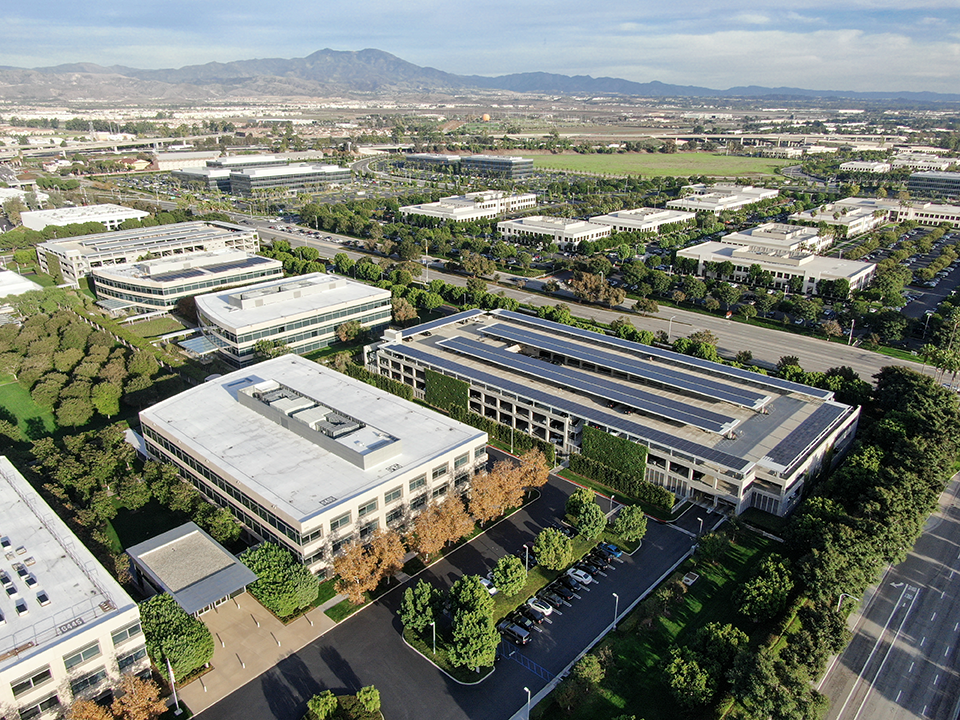Navigating the future of Manufacturing and Logistics
In the relentless surge of digital transformations, Aryium offers world-class subject matter expertise on the evolving landscape of Manufacturing and Logistics. The Internet of Things (IoT) and Factory of the Future principles aren’t just a technological wave; it's the edge that propels industries into a new era of efficiency and innovation.
At Aryium, we specialise in providing comprehensive services for the Manufacturing and Logistics sector, ensuring streamlined operations and optimised supply chain processes.
Manufacturing Logistics encompasses the planning, coordination, and service functions necessary to carry out efficient manufacturing activities. We focus on enhancing resilience and agility within operations, minimising machine downtime, and enabling rapid production pivots.
We harness the power of the Internet of Things (IoT) and Factory of the Future principles to improve communication within factories, warehouse systems, and the overall supply chain. Real-time metrics and material tracking drive efficiency and visibility, ensuring smooth operations and timely deliveries.
What are Manufacturing and Logistics Facilities?
Manufacturing facilities can be used to produce a wide range of goods, including consumer products, industrial products, and pharmaceutical products. They may use a variety of different manufacturing processes, such as assembly, fabrication, machining, and chemical processing, to produce the goods being manufactured. Manufacturing facilities may also include specialised equipment and systems, such as robotics and automation, to improve the efficiency and productivity of the production process.
Logistics facilities are typically used to store, handle, and distribute goods, and may include warehouses, distribution centres, and transportation hubs. They may be used to store raw materials, intermediate products, and finished products, and to coordinate the movement of goods within a supply chain. Logistics facilities may also include specialised equipment and systems, such as automated storage and retrieval systems, to improve the efficiency and accuracy of the handling and distribution of goods.
Types of Manufacturing and Logistics Facility
There are many different types of manufacturing and logistics facilities that may be used for the production and distribution of goods. Some examples of the main types of manufacturing and logistics facilities include:
Consumer products manufacturing facilities
Industrial products manufacturing facilities
Pharmaceutical manufacturing facilities
Automotive manufacturing facilities
Aerospace manufacturing facilities
Electronics manufacturing facilities
Chemical manufacturing facilities
Food processing facilities
Warehouses
Distribution centres
Transportation hubs
Specialised manufacturing and logistics facilities
At Aryium, our expertise lies in delivering comprehensive services tailored to the unique challenges of the Manufacturing and Logistics sector. We streamline operations and optimise supply chain processes, focusing on resilience, agility, and minimising machine downtime.
Understanding Manufacturing and Logistics Facilities
Manufacturing facilities span a spectrum from producing consumer goods to pharmaceuticals, employing various processes like assembly, fabrication, and chemical processing. Logistics facilities, on the other hand, store, handle, and distribute goods, encompassing warehouses, distribution centres, and transportation hubs.
Key Types of Facilities
From consumer product manufacturing to specialised logistics hubs, Aryium caters to diverse facilities such as automotive manufacturing, aerospace, electronics, chemical processing, and food production. Each facility type demands specific considerations in design and operation.
Critical Design Considerations
Product Requirements: Tailoring the facility to the unique needs of the products being handled.
Safety: Prioritising the safety of workers, the community, and the products.
Ergonomics: Considering ergonomic needs to enhance worker well-being.
Efficiency: Optimising processes to minimise resource use and maximise productivity.
Sustainability: Adopting practices that minimise environmental impact.
Compliance: Ensuring adherence to all relevant laws, regulations, and guidelines.
Elevating Facilities with IoT and Future of the Factory Principles
How can Manufacturing and Logistics facilities be improved with IoT and Factory of the Future principles? Aryium provides transformative solutions:
Quality Assurance Redefined: Ensuring every product meets the highest standards for a competitive edge.
Precise Location Tracking: Empowering you to track and trace goods with unparalleled accuracy.
Monitoring Storage Conditions: Proactively mitigating risks and enhancing inventory longevity.
Contingency Planning Elevated: Empowering you to respond swiftly to unforeseen challenges.
Predictive Maintenance for Operational Continuity: Going beyond conventional maintenance schedules to minimise disruptions and maximise operational continuity.
In the Aryium vision, the future of Manufacturing and Logistics is a seamless, efficient, and innovative landscape. Join us in this transformative journey, where every solution is a step toward excellence.


